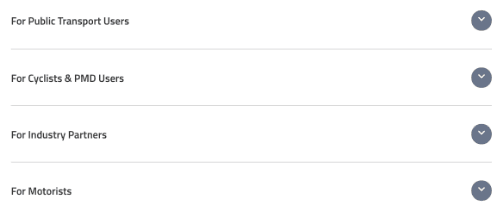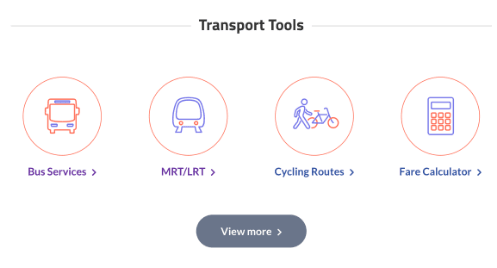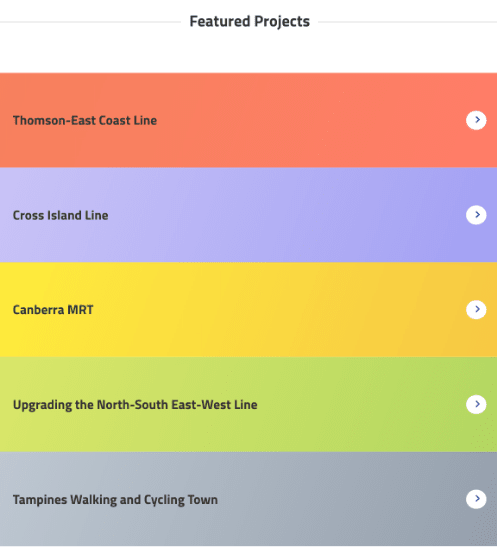We refer to Mr Rahul Patwardha’s and Mr Lim Ang Yong’s letters dated 8 and 10 July respectively on the topic of IVRDs.
The Land Transport Authority (LTA) introduced the in-vehicle recording device (IVRD) guidelines to ensure that IVRDs comply with the strictest access standards. Strict standards complement the Personal Data Protection Commission’s Advisory Guidelines and protect the interests of commuters and drivers.
Fare evasion is not the sole reason for allowing IVRDs in taxis and private hire cars. IVRDs serve to promote civility and deter improper conduct. They also facilitate investigations in the event of alleged criminal offences and more serious disputes. However, their installation is not mandatory. The decision lies with the owners of taxis and private hire cars.
Should the owners of taxis and private hire cars choose to install IVRDs, booking service operators have to inform passengers at the point of booking if the vehicle despatched has an IVRD. For both street-hails and ride-hails, there must be a clear sign or decal in the vehicle to indicate that it is equipped with an IVRD. In both cases, passengers have the right to continue with the ride or choose another vehicle.
To address privacy concerns, recorded footage can only be accessed by law enforcement agencies and personnel authorised by the LTA. IVRDs can only be installed at three authorised centres and come with tamper-proof locks. Those found liable for offences could face fines or imprisonment. Errant taxi and private hire car drivers could also have their vocational licences revoked.
Yeo Teck Guan (Mr)
Senior Group Director, Public Transport
Land Transport Authority
















